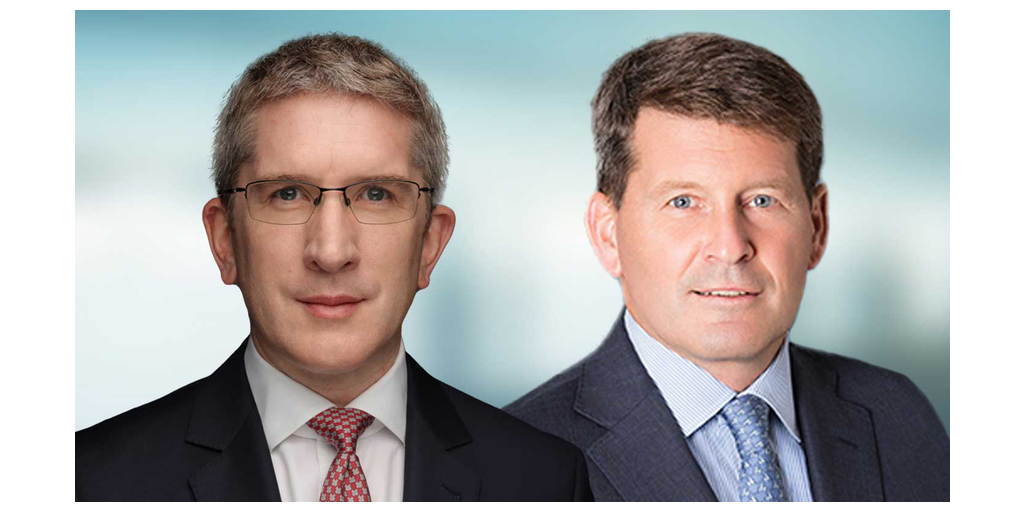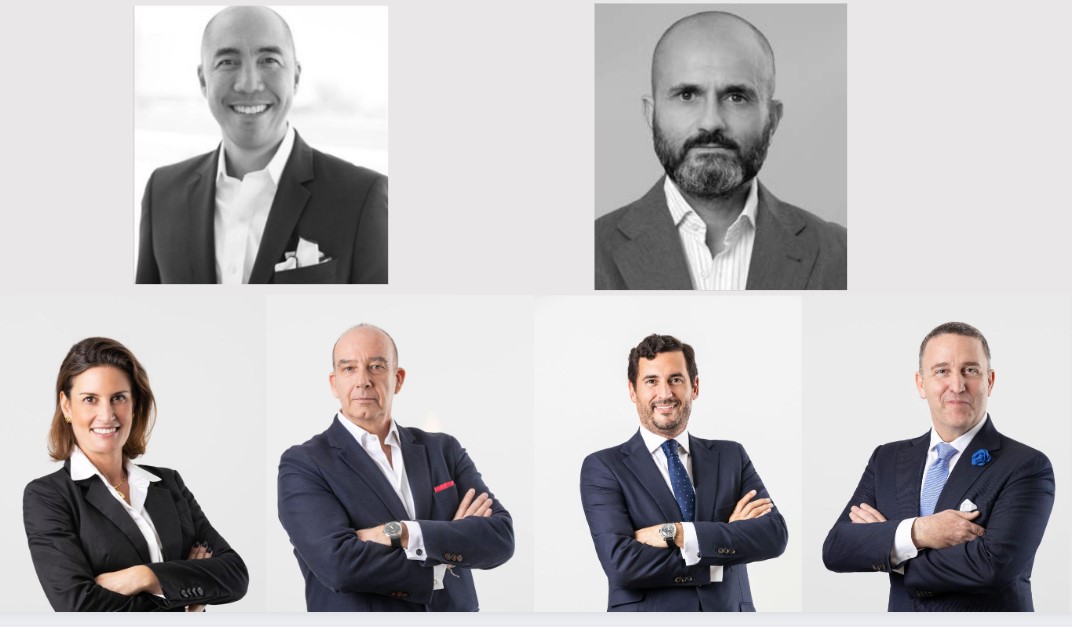
First American Financial Corporation settlement and risk solutions for real estate transactions and the leader in the digital transformation of its industry, today released the November 2022 First American Real House Price Index (RHPI).
The RHPI measures the price changes of single-family properties throughout the U.S. adjusted for the impact of income and interest rate changes on consumer house-buying power over time at national, state and metropolitan area levels. Because the RHPI adjusts for house-buying power, it also serves as a measure of housing affordability.
“In November 2022, the RHPI increased by 60 percent on an annual basis. This rapid annual decline in affordability was driven by two factors — a 7.6 percent annual increase in nominal house prices and a 3.7 percentage point increase in the average 30-year, fixed mortgage rate compared with one year ago. Even though household income increased 3.5 percent since November 2021 and boosted consumer house-buying power, it was not enough to offset the affordability loss from higher mortgage rates and still-strong nominal house price growth,” said Mark Fleming, chief economist at First American.
“The loss of affordability has prompted buyers to pull back from the market, putting downward pressure on prices. While still elevated by historical standards, nominal house price appreciation has slowed considerably since early 2022. Nationally, annual nominal house price growth peaked in March 2022 at nearly 21 percent, but has since decelerated by more than 13 percentage points to 7.6 percent in November,” Fleming added.
“Real estate dynamics are local, yet nearly every market in the country during the pandemic was characterized as a seller’s market. Wherever you turned, multiple-offer bidding wars were the rule, not the exception,” said Fleming. “However, as house prices adjust to the reality of higher mortgage rates, the pace of adjustment will vary significantly by market.”
Real Estate is Local, Again
Nominal house prices declined from their recent peaks in 37 of the top 50 markets we track in November. The market with the biggest decline was San Francisco, where nominal house prices peaked in April 2022, but have since declined by nearly 10 percent as the housing market rebalances. San Jose, Calif. follows closely behind, as nominal house prices have declined 7.8 percent from the recent peak in March 2022, said Fleming.
“However, house prices have only recently hit their peaks and have yet to decline in markets such as Louisville, Ky., Kansas City, Mo., Hartford, Conn., and several others. Of course, repeat-sales price indices, such as the one used in this analysis, are based on the prices from closed sales, which are a lagging indicator of price changes in the housing market because the contracted prices for these closed sales were agreed to months earlier,” added Fleming.
Overvalued Markets Correcting Faster
Many of the markets with the largest price declines from peak, such as San Francisco, San Jose, and Phoenix, are also some of the more overvalued markets, meaning the median existing-home sale price exceeded house-buying power in these markets,” said Fleming.
“If housing is appropriately valued, house-buying power should equal or exceed the median sale price of a home. Many of the markets where house prices have not yet declined, such as Louisville, Ky. and Kansas City, Mo., are still considered undervalued, meaning house-buying power exceeded the median existing-home sale price in November. There are exceptions to this relationship, but generally it seems that the most overvalued markets are correcting the fastest,” added the First American’s chief economist.
The Silver Lining
While price changes vary by market, there is one trend that bodes well for all top 50 markets – much of the homeowner equity gained during the pandemic remains. For example, in both San Francisco and San Jose, house prices increased by 31 and 29 percent from February 2020 to their respective peaks in 2022. Kansas City and Hartford gained 48 and 40 percent from February 2020 to their respective peaks in 2022. “As the housing market rebalances, price declines will continue across many markets, but those declines would have to be substantial to erase all of the equity gains accumulated by homeowners over the last few years,” said Fleming.










